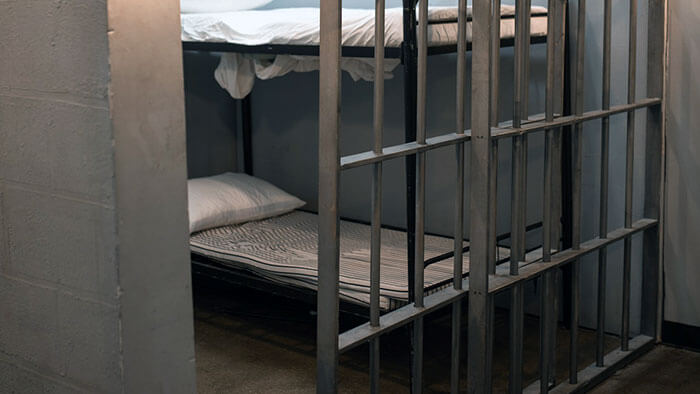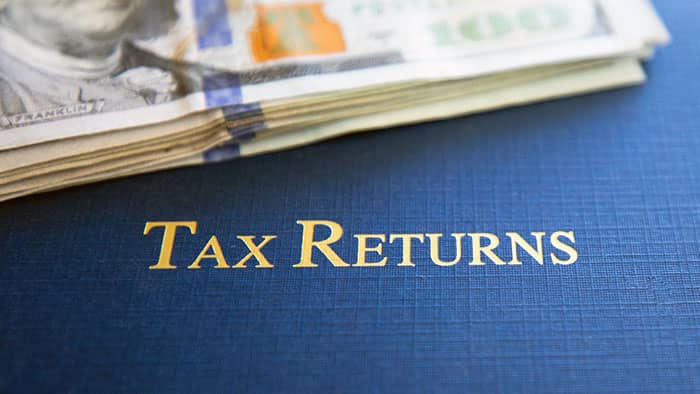Yes, you should report all rent you receive from house hacking to the IRS.
While I’m sure there are exceptions – if you were to hire a CPA when house hacking, they would likely always recommend that you report the rental income you receive. In addition to not getting yourself into trouble, there is a benefit you receive when reporting your rental income.
When applying for additional loans or credit, you have the ability to use the rental income you receive to offset the property’s debt. This can be very beneficial if you have a high DTI (debt-to-income ratio). Reporting your rental income could possibly be the determining factor for getting approved for additional loans or being denied.
Seems like an easy decision to make for me.
But, if you’re still unsure if you should report the rental income you receive when house hacking – this post will give you some additional information to help you make a good decision.
What Happens If You Don’t Report Rent When House Hacking?

If you don’t report rental income when house hacking, you’re committing tax fraud.
If you’re caught committing tax fraud, the IRS may, in addition to paying back the taxes you owe on the unreported rental income, add a large penalty and fees on top. When you consider the possibility of having to pay taxes on what you didn’t report, pay penalties/fees, and pay interest on what you owe – not reporting rental income doesn’t seem worth it.
And, if for some reason you choose not to pay the taxes you’re owed – the situation doesn’t get any better.
Tax evasion is a federal crime and comes with much higher consequences than additional fees – for example, jail time is a possibility.
So, if you’re considering not reporting the rental income you receive from house hacking – make sure you think about if it’s worth it.
Recommended Reading: Is House Hacking Legal?
When Shouldn’t I Report Rent When House Hacking?
One of the potential exceptions to always reporting rent is when you’re house hacking under a cost-sharing arrangement.
For example, in my House Hacking Benefits post, I talk about a couple of non-conventional benefits of house hacking. One of the benefits included house hacking a multifamily property to help take care of an aging parent.
In a situation like that, you’re not actually running a for-profit business (at least not with that unit) and may not have any reportable income. Both you and your parent(s) would be working together in a cost-sharing arrangement.
You should consult with a tax professional or CPA before making any decisions. And definitely don’t listen to a random internet blogger (me) about what you should do for your tax situation.
However, I wanted to include that example to help give you an idea of what an exception to the rule of always reporting rental income would look like.
Final Thoughts:
- You should almost always report rental income received from house hacking to the IRS
- If you don’t report rental income, you may face heavy fines and possible jail time
- Consult a CPA to understand what exceptions exist just in case you’re house hacking for different reasons than running a business or trying to maximize rental income.
Recommended Reading: House Hacking Guide
Frequently Asked Questions
Does rent count as income for mortgages?
Rental income can usually be counted as income when applying for mortgages. Your situation may be different so it’s best to ask a lender that’s familiar with your specific situation.
